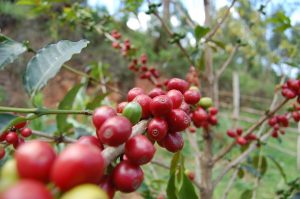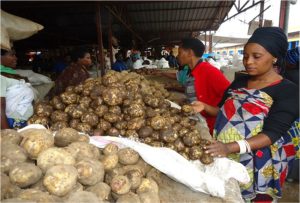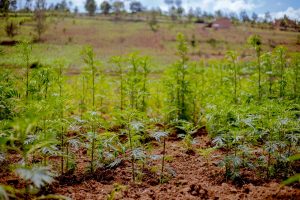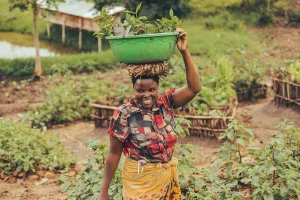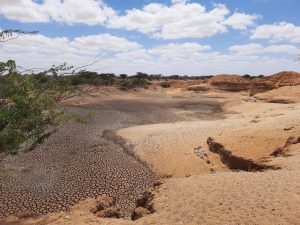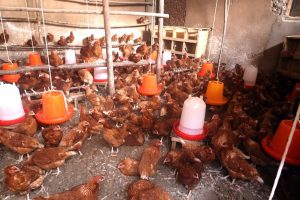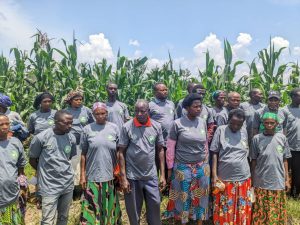Farmers Decry Rising Cost of Agricultural Inputs as RAB Calls for Collective Action
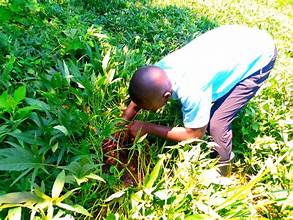
Smallholder farmers in Huye District have raised concerns over the increasing cost of agricultural inputs, saying the prices have become unaffordable for many. Some farmers now struggle to purchase the needed fertilizers and improved seeds on time, while others rely on costly loans that erode their profits.
Many believe the sharp rise in the prices of key inputs particularly chemical fertilizers and improved seeds threatens Rwanda’s goal of increasing agricultural productivity and ensuring food security across the country.
Farmers Say Input Prices Are Too High
In Huye District, where farming remains the main source of livelihood, farmers interviewed by Top Africa News expressed deep concern over what they describe as “an alarming rise” in input prices.
Asumuta Nireere, a farmer from Kinazi Sector, said that farming today feels more like “a battlefield.“Fertilizer like DAP has become very expensive. For those of us with small plots of land, it’s hard to afford enough to cover all our farms. Sometimes we end up planting without proper fertilization, and the yields turn out very poor,” Nireere explained.
Marcelline Nyiransengimana, another farmer from Huye, shared similar frustrations, saying input prices keep increasing every year while farmers’ earnings remain stagnant. “Every year we see prices go up, but our income doesn’t change. We’re asking authorities to find a way to make inputs more affordable for small farmers. Sometimes we take loans to buy them, but when drought or crop diseases strike, we fail to recover our money,” said Nyiransengimana.
For Jean Paul Nsengimana, a 40-year-old farmer from Huye, the problem is not just the high prices but also the distribution system. He claims that some private dealers inflate prices beyond what the government recommends. “RAB often announces official prices, but when we reach agro-dealers, we find the prices much higher. Some farmers can’t afford it and decide to plant without fertilizer,” Nsengimana added.
RAB Calls for Coordinated Farming and Market Partnerships
The Rwanda Agriculture and Animal Resources Development Board (RAB) acknowledges the challenges and says efforts are underway to help farmers overcome them through better coordination and improved market linkages.
Dr. Solange Uwituze, Acting Director General of RAB, emphasized that the long-term goal is for both small- and large-scale farmers to plant in the same season, use certified seeds at the same time, and engage jointly with markets to reduce costs and losses. “We encourage farmers to synchronize their farming activities to plant at the same time and source seeds together. This helps them form stronger links with the market, which can, in turn, help them access inputs on credit or at discounted prices,” Dr. Uwituze explained.
Use of Improved Seeds Among Small Farmers Remains Low
According to RAB data, during the 2025B farming season, only 16.7% of smallholder farmers used improved seeds, compared to 72.1% among large-scale farmers.
This gap highlights the persistent inequality in access to quality agricultural inputs, despite the fact that smallholders make up the majority of Rwanda’s farming population.
Analysis: A Need for a Farmer-Centered Approach
Agricultural experts say the high cost of inputs is not only a market issue but also linked to importation, supply chain inefficiencies, and profit-driven intermediaries who hoard fertilizers to sell them at inflated prices.
They also point to the growing impact of climate change, which has led to erratic rainfall and crop diseases, often leaving farmers with losses and unable to repay their agricultural loans.
Farmers Call for Government Support
All farmers interviewed called on the government and private partners to revisit input pricing policies and consider affordable credit schemes for small-scale producers.
Nyiransengimana said: “When inputs are affordable and available on time, our yields increase, and we all progress. But when prices remain high, we just plant as a gamble.”
While the Rwandan government continues to promote agriculture as a key driver of economic growth, experts agree that more collaboration is needed between the government, private sector, and farmer cooperatives to bring down the cost of inputs.
Empowering smallholder farmers with affordable and timely access to fertilizers and seeds will be crucial to sustaining Rwanda’s agricultural transformation and ensuring that farmers remain at the heart of the nation’s development.

SUBSCRIBE TO OUR NEWSLETTER


